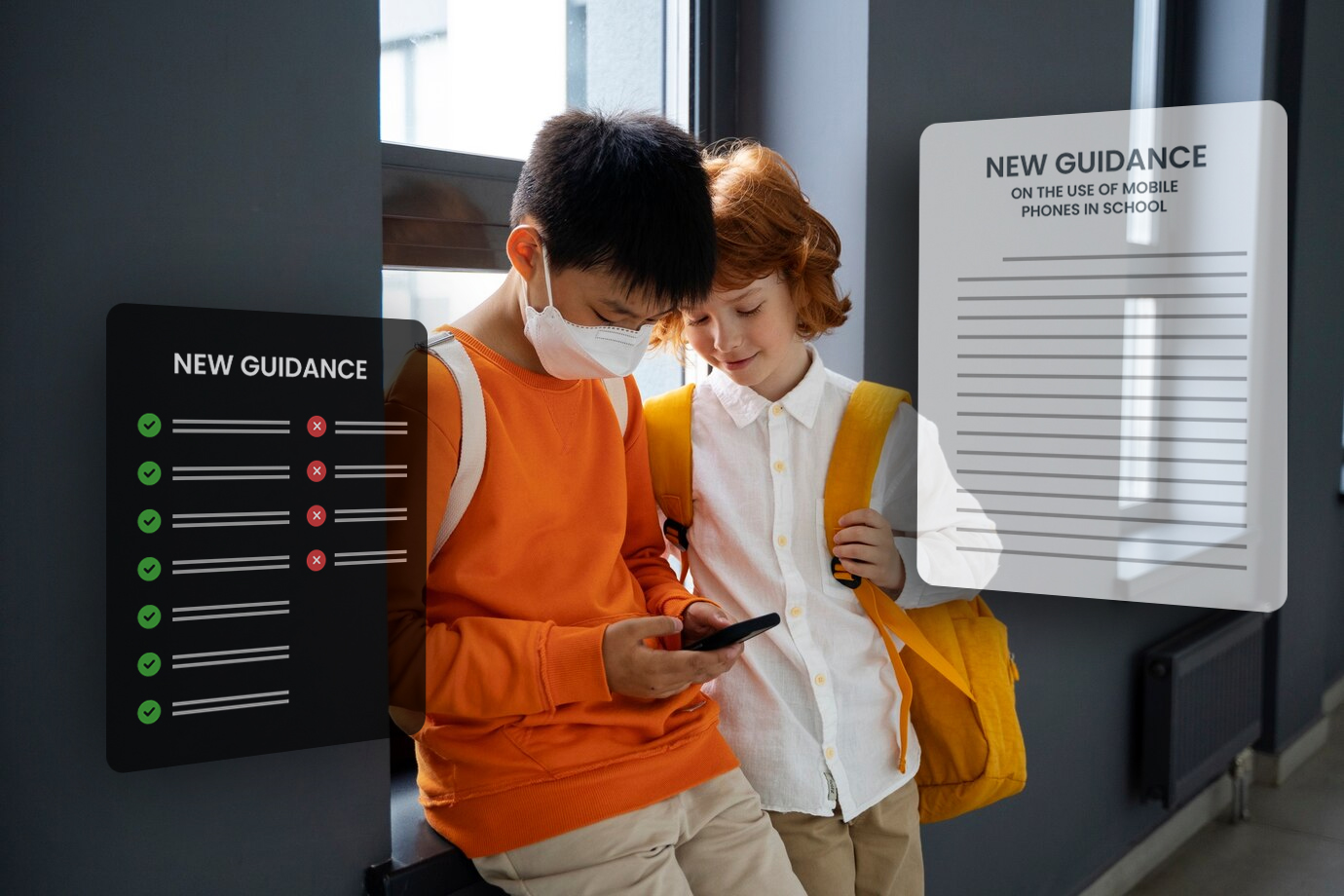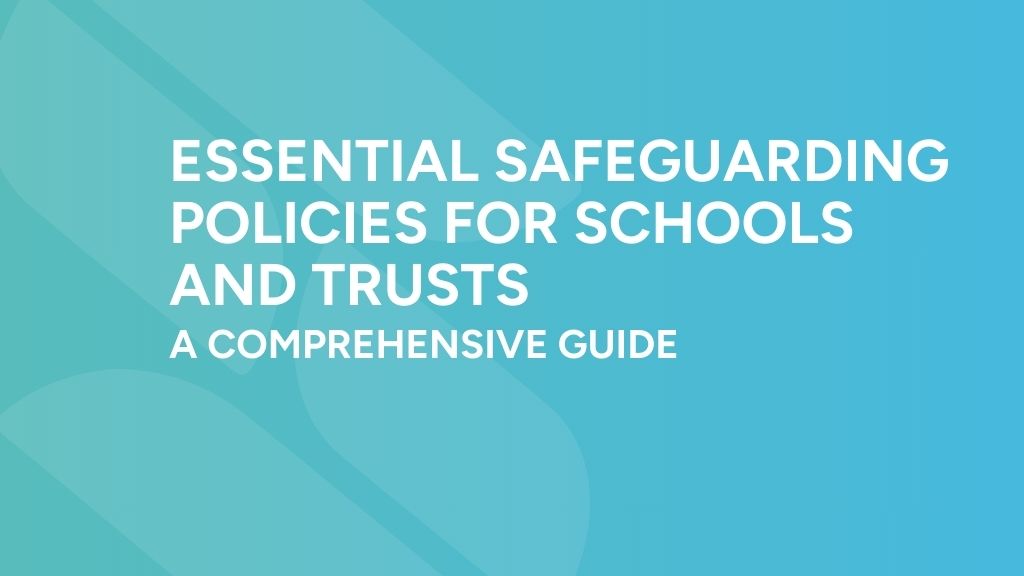Understanding New Guidance on the use of Mobile Phones in School
Understanding New Guidance on the use of Mobile Phones in School

The UK Government has recently updated its guidance on mobile phones in school and their use by students. This guidance provides a framework for schools to create, implement, and maintain policies that restrict mobile phone use during the school day. So, as experts in school marketing, compliance, and communications, we understand the importance of this development for schools. Here’s how the new information impacts behaviour and safeguarding policies schools are required to publish on their websites. Full information on all school website requirements can be found in our comprehensive guide to school website compliance, here.
The full guidance, including resources on creating a mobile phone-free school environment and a toolkit for schools, can be found on the Gov website.
Understanding the Guidance
The guidance is designed to assist schools in fostering a learning atmosphere that is calm, safe, and supportive. It acknowledges that while mobile phones and smart technologies are integral to our lives, their presence in schools can detract from the learning environment. Also, the policy is intended for a wide audience within the education sector, including school leaders, staff, governing bodies, and local authorities across all types of schools in England.
Key points include:
- Schools should have a behaviour policy in place that aligns with legal duties related to child welfare. It should now include a policy on the use of mobile phones in school.
- The guidance suggests schools develop a mobile phone policy that prohibits their use. This will include smart technology with similar functionalities, during the school day.
- There are suggestions on how to implement such policies. These include requiring phones to be handed in at the start of the day or stored in secure locations.
- The guidance also addresses the role of teachers, pupils, and parents in enforcing and supporting the policy.
- Schools have the authority to enforce these policies through various sanctions, including confiscation of devices.
- Special considerations are noted for pupils with disabilities or medical conditions that may require access to mobile phones.
- The guidance encourages schools to be adaptable and make reasonable adjustments for such cases.
Key Recommendations:
- Developing a Comprehensive Policy: Schools are encouraged to formulate a mobile phone policy that aligns with their existing behaviour policy. This policy should, where applicable, clearly prohibit the use of mobile phones and similar smart devices during the school day, including during lessons, breaks, and lunchtime.
- Implementing the Policy: Various methods for implementing such a policy are suggested, ranging from requiring students to hand in their devices at the beginning of the day, to storing them in secure locations, or adopting a strict “never seen or heard” approach.
- Roles and Responsibilities: The guidance outlines the responsibilities of staff, pupils, and parents in upholding the policy. It emphasizes consistent enforcement by staff, understanding and adherence by pupils, and support and reinforcement at home by parents.
- Sanctions and Enforcement: Schools are backed by the Department for Education (DfE) to use sanctions. These can include confiscation, to enforce the mobile phones in school policy. The guidance advises on the lawful application of these sanctions. It takes into account proportionality and any special circumstances of the students.
- Special Considerations: Recognising the diverse needs of students, the guidance suggests reasonable adjustments for pupils with disabilities or medical conditions that necessitate mobile phone access during the school day.
- Safeguarding Online Safety: The policy also touches upon the importance of online safety, advising schools to integrate considerations of mobile phone use into their online safety policies.
Implications for School Websites
Schools must now ensure that their behaviour and safeguarding policies, published on their websites, reflect this new guidance on mobile phone use. So, this involves:
- Clearly outlining the mobile phone policy within the behaviour policy section.
- Updating safeguarding policies to include measures related to mobile phone use and online safety.
- Providing accessible information to parents, staff, and students about the policy and its implications for school life.
Conclusion
The updated guidance on mobile phone use in schools presents an opportunity for educational institutions to reinforce their commitment to creating a supportive and distraction-free learning environment. Therefore, by integrating these policies into their behaviour and safeguarding frameworks, schools can better communicate expectations and standards. This, in turn, promotes a culture of respect and focus. So, for school leaders and trustees, now is the time to review and update your policies. You should ensure they are in line with the latest guidance and clearly communicated through your school’s website.
This development underscores the importance of staying abreast of changes in educational policy and adapting school practices accordingly. As always, we are here to support our clients and contacts in navigating these changes, ensuring compliance, and enhancing the educational experience for all students.
Finally, our School Website Compliance Audit service is available all year round and can be ordered online. Or, email us at **@*****io.com.











